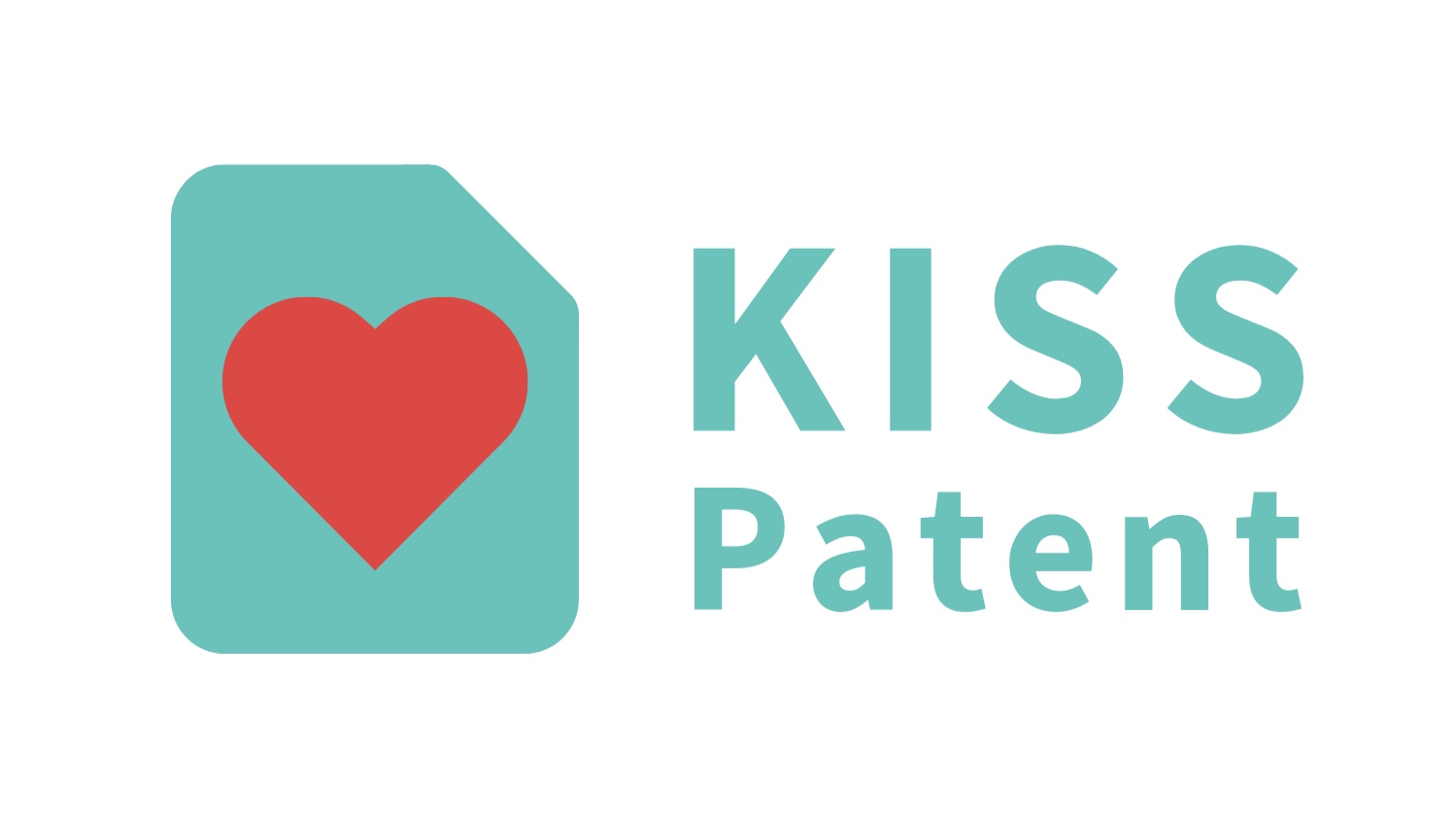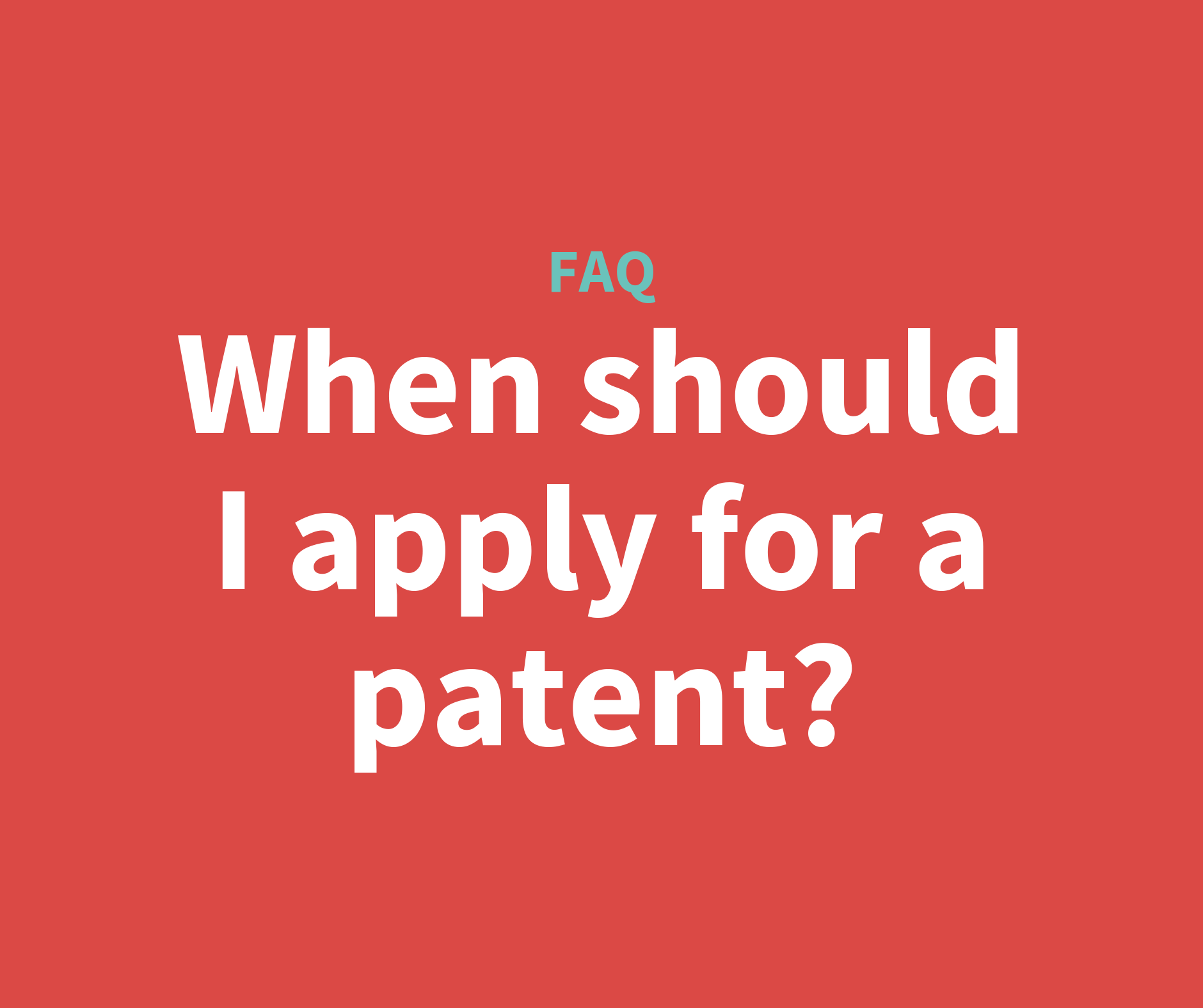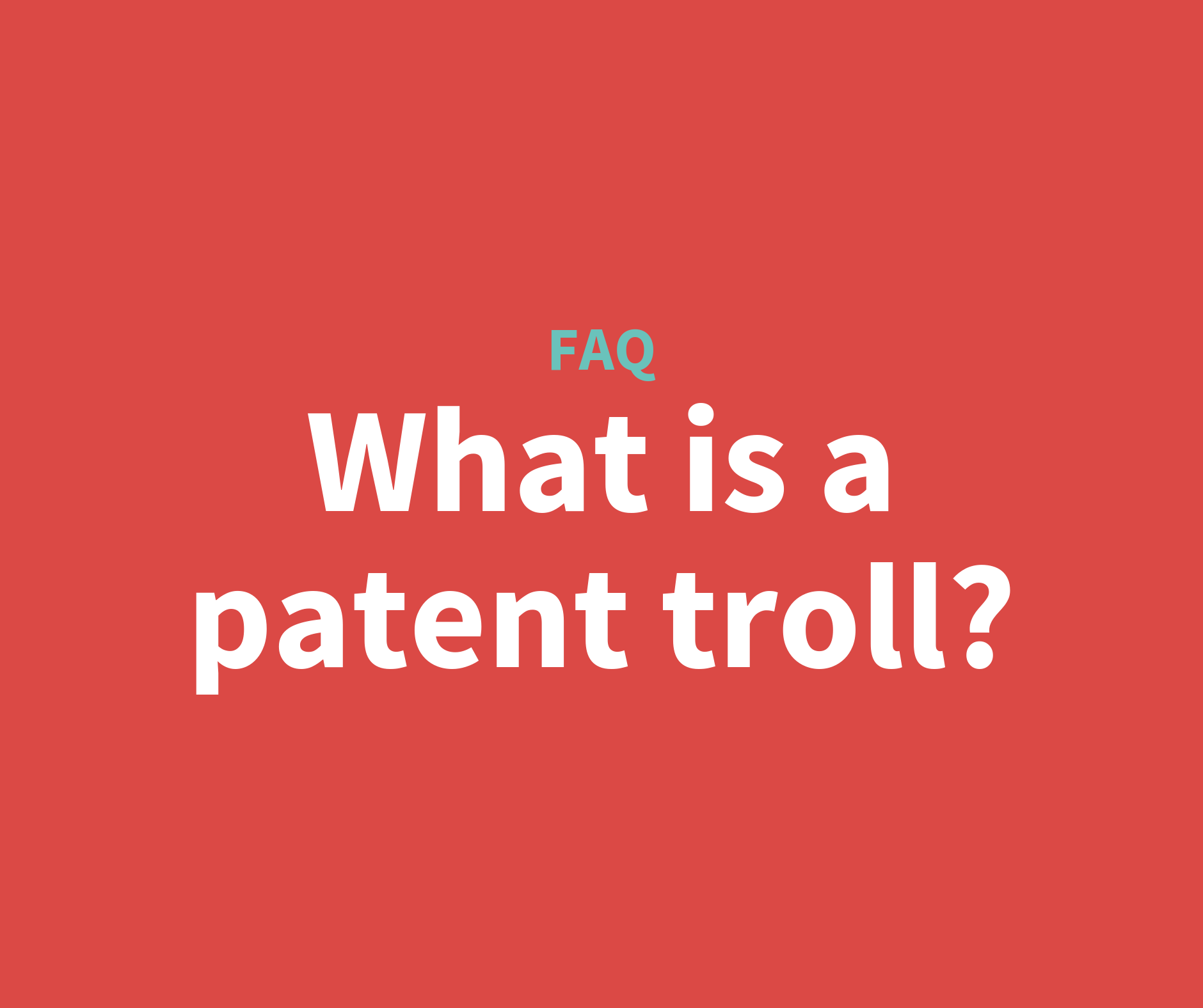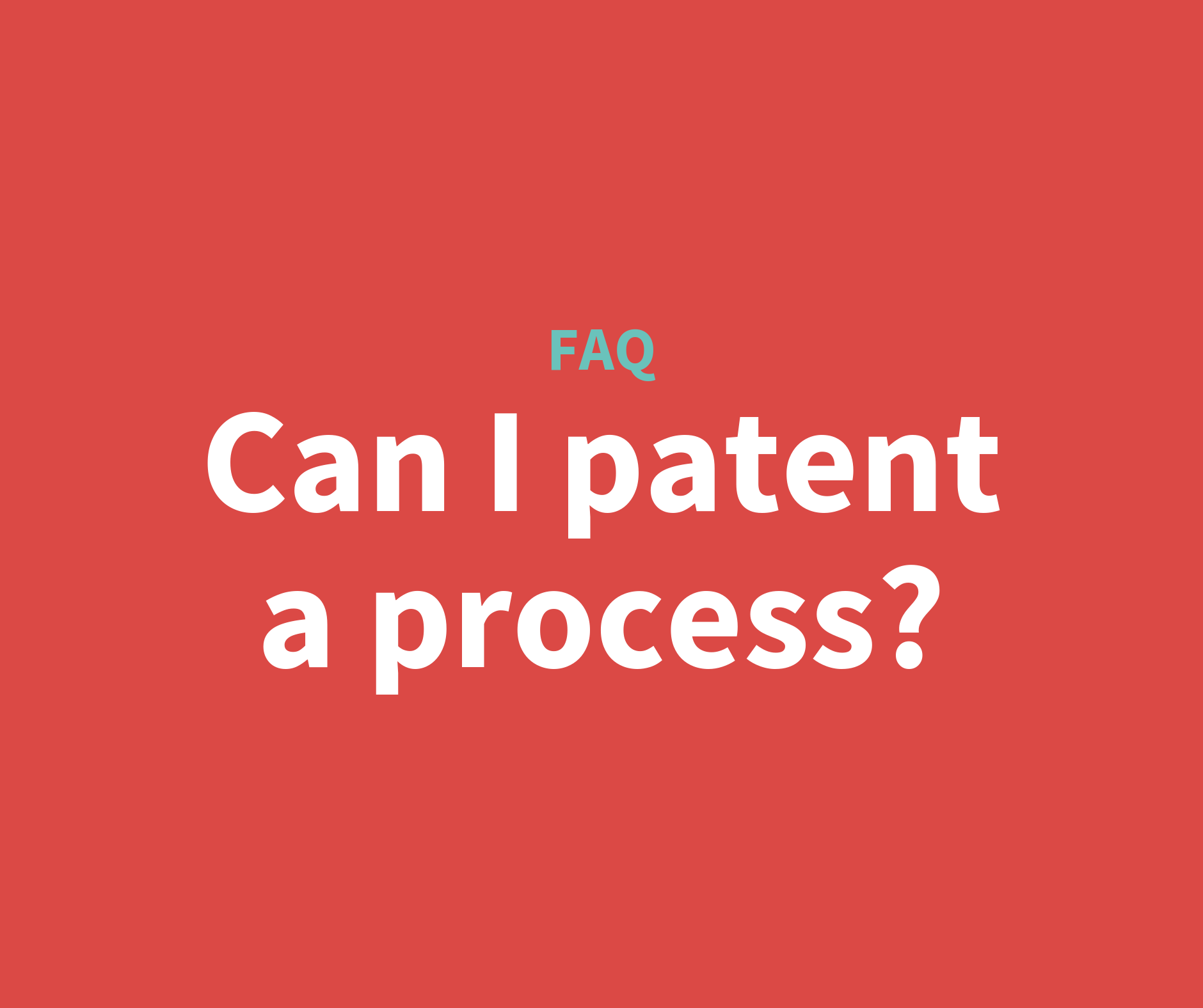A software patent is an intellectual property right that protects the functions of a computer program. A software patent is considered to be a type of utility patent.
According to US law, the software is a patentable item, however, like any other invention, the software invention must meet certain criteria:
The invention falls into a patentable category. That means that the software has to be technical in nature. In some countries, this limits software patents to areas such as image processing, which are deeply technical. The US still permits business method software patents but is increasingly requiring them to focus on technology, rather than a business process.
The invention is new, unique, and not obvious to anyone with average skills in your industry.
The patent application is filled out in detail. All the information about the product meets the guidelines that the United States Patent and Trademark Office sets out.
If you have software that you would like to get a patent for, define your software’s most important functions. In other words, define what sets your idea apart from what is already known. With this detailed understanding, you and your patent agent can get the best protection possible for your software.
Ask yourself the following questions:
What is unique about my software?
What is my software's desired function?
How does the software handle information?
What is the user experience?
What problems does my software solve?
What parts of my program do I want to protect with a patent?
Software patents and the rules around them are difficult to understand. By going to a professional for help, you are teaming up with an expert who keeps up with the constantly shifting landscape of intellectual property law.
If you need help with your software patent, contact us.
Can’t find the answer to your question?
Do you think we missed something? Let us know!
Drop us an email or schedule a free call with us!
Search our FAQ to find more articles:
Not sure what type of Intellectual Property is right for you?
Fill out our quick survey to find out!






























